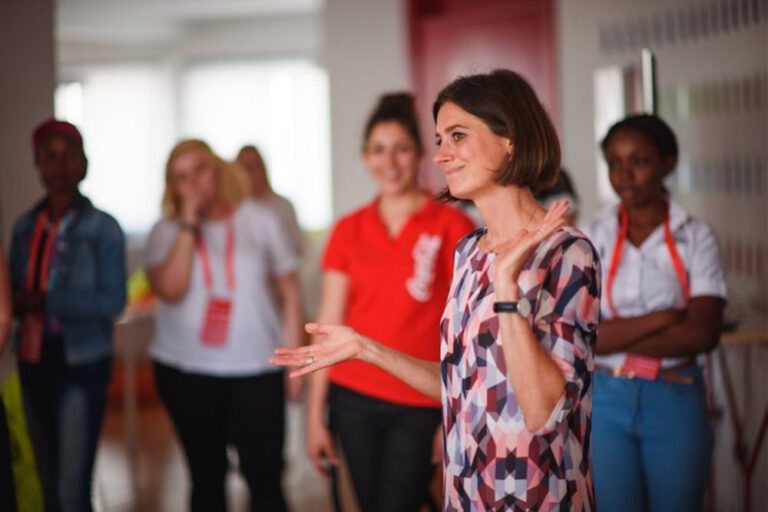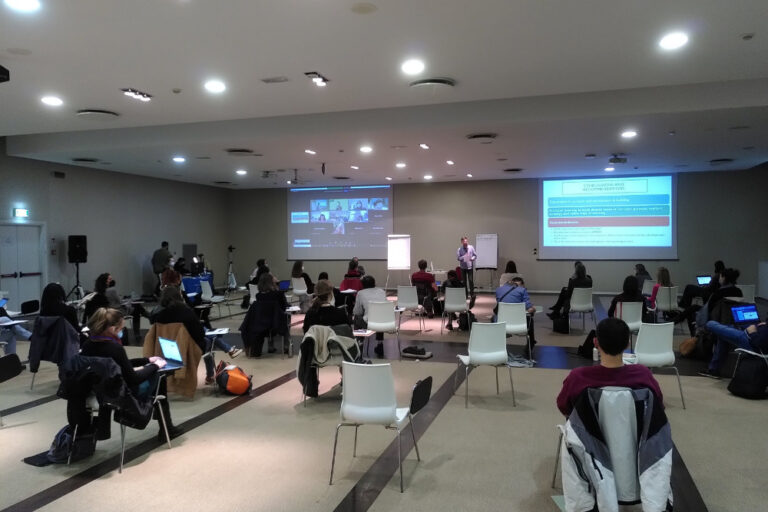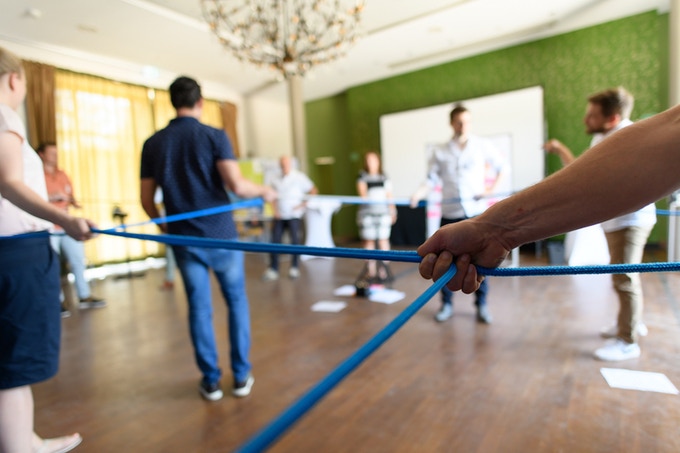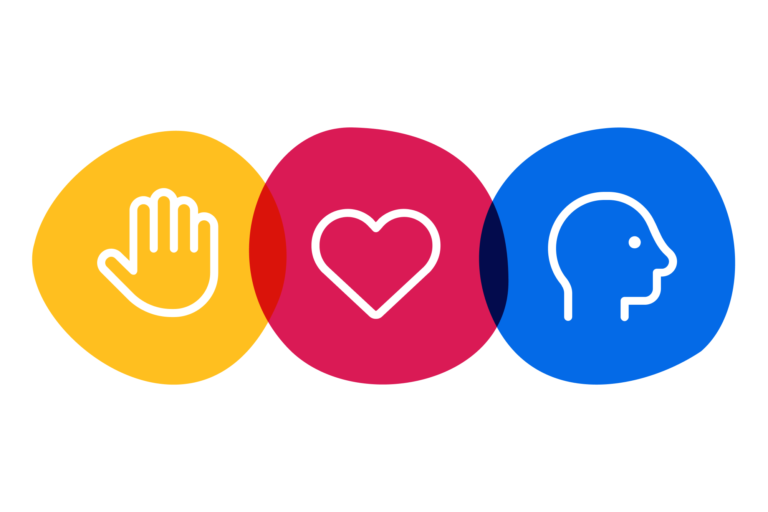
Develop and grow your facilitation practice with SessionLab
Improve your facilitation skills, design better workshops
and learn from the experts in the format that is best for you!
Start your journey with Facilitation Fundamentals
Getting started as a facilitator and improving your practice doesn’t need to be daunting.
Check out our resources on the fundamentals of facilitation to learn all about becoming an effective facilitator and brush up on your core facilitation skills!
Develop your facilitation skills from your inbox!
Subscribe to our newsletter and receive the Facilitation is for Everyone course in your inbox as a bonus!
Learn how to spice up your meetings, manage group dynamics, improve your facilitation practice, and much more in our free five-week email course!
Every Monday, you’ll receive an email with practical tips, activities and worksheets to help you on your journey as a facilitator!
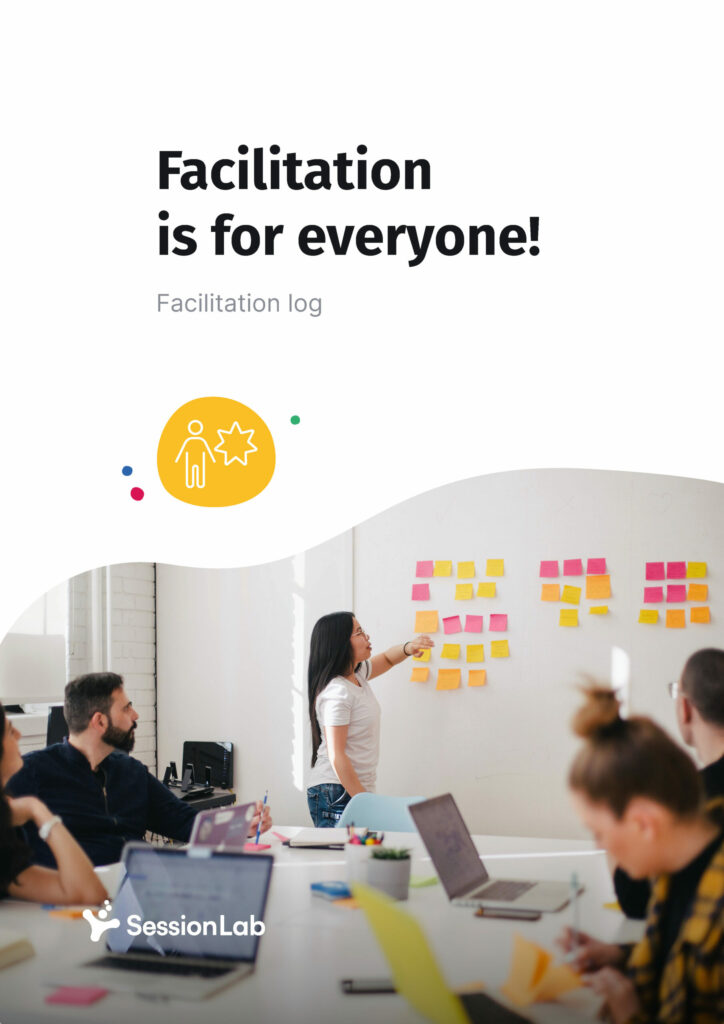
Explore the practice and learn from others with Facilitation Stories
Learning from the real life experiences and best practices of other facilitators is a great way to improve your skills, get inspired and add new ideas to your toolbox.
In this series, we’ll explore stories from the frontline, share practical tips, and reflect on the experiences of expert facilitators.
Overcome your facilitation challenges!
Do you love facilitating but find some aspects difficult? Perhaps you’re a practicing facilitator who wants to learn more? Subscribe to our newsletter and receive the Overcoming Facilitation Challenges course in your inbox as a bonus!
In this series we will focus on 4 key obstacles, and discuss pathways to becoming more resourceful facilitators:
📈 Keeping up with the trends and adapting to rapid change
🤝 Collaborating with your team
🔥 Transforming conflict
⌛ Managing time
Every Tuesday, you’ll receive an email with practical tools and ideas to overcome each challenge, actions to take, stories from real-life cases and additional resources to keep on learning.
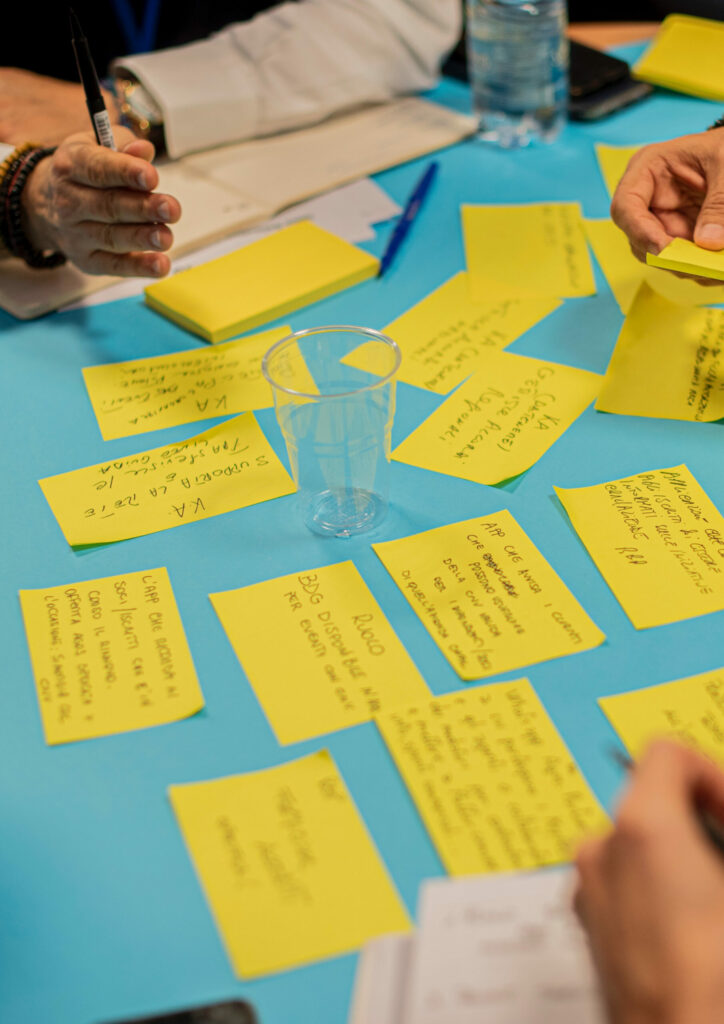
Discover new activities in our series on Facilitation techniques and methods
Techniques, methods, activities and games: there are so many ways a facilitator can engage a group and help them reach their goals.
Add new methods to your facilitation toolbox and learn how and when you might use them with our techniques and methods collection!
Whether you’re looking for games to energise a group, solve problems or build leadership skills, we have a set of activities for you!
Go deeper with our facilitation guides and resources
Want to learn about a particular aspect of facilitation or group dynamics? Take a deep dive on your chosen subject with one of our long-form guides.
We cover everything from virtual facilitation, setting up your room for an engaging session and using facilitation frameworks for success.
Become a better facilitator and learn how to approach some of the challenges you might encounter in your facilitation career!
- A guide to facilitating virtual workshops and meetings
- How to write an effective meeting agenda
- Train the trainer course – a complete design guide
- An honest guide to hybrid events
- 19 creative thinking skills (and how to use them!)
- How to build effective problem solving strategies
- How to have a more productive team meeting
Find new exercises,
activities and games in our public library
Need an icebreaker to kick-start your workshop, or want to help your group make a decision? Find the perfect method to get the results you need in the SessionLab library.
Browse hundreds of tried and tested workshop activities and templates and add the ones you need to your session with a single click.



Design your next workshop with SessionLab
Join the 150,000 facilitators using SessionLab


